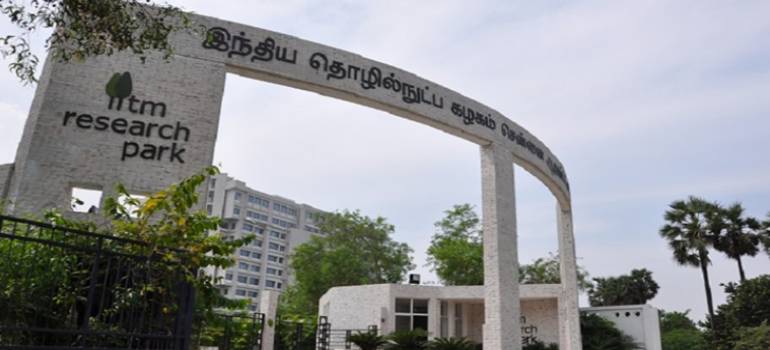
CHENNAI: Innovate, imitate and replicate. That is the mantra the country’s largest and most successful startup incubator follows.
The incubation cell at the IITM is the modelled on the Stanford University’s system and aims at getting its best tech brains to handhold startups. Over the last ten years, the cell has incubated more than 240 startups, with the total valuation of these startups conservatively valued at more than ₹11,400 crore. It has created more than 4,000 jobs, helped companies file more than 205 patents, and generated consolidated revenue of more than Rs 440 crore in FY 2020-21.
And, it now wants to replicate this success in smaller towns and colleges and become a force multiplier in the startup ecosystem. “We are not happy with this, just as yet. We must do more and build more,” says professor Ashok Jhunjunwala, president and moving force of the cell.
“It took 10 years to incubate 240 companies. We have now readied a plan to reach tier-2 and tier-3 towns and partner with existing incubation cells in these places and reach 1,000 incubators by 2030 and incubate 1,000 companies a year,” he says.
“We must help the state’s universities replicate the IIT-M incubation model,” says Jhunjhunwala. The students often have ample entrepreneurial talent and just need a structured process to take them through the journey, he adds.
The pandemic has drastically altered the tech sector’s fortunes and youth interest in building something on their own is at an all-time high, says Jhunjhunwala, adding that the IIT-M incubation cell should be able to partner with more than 50 colleges in tier-2/3 towns in the next 10 years.
MoUs have been signed to partner with Crescent College in Chengalpet, MAM College of Engineering in Trichy, KSR College in Erode, and Sona College of Technology in Salem. The IIT-M incubation cell will provide holistic support to strengthen the incubation ecosystem and help amplify the reach of the startups to investors, industry and market.
“Affordable technologies and promoting entrepreneurship at scale are going to be critical for the India growth story… the massive digitization of all things after the pandemic is creating huge inequality in our society and if we are not careful, we are going to leave people behind,” says Jhunjhunwala. “Easy money kills,” and the current funding boom is creating “an illusion of an easy life for young entrepreneurs,” he warns.
The IIT-M model takes cognizance of today’s volatile startup ecosystem and recognizes that entrepreneurship is not for all. While the programme, in the first stage, creates buzz and excitement around starting and running your own venture, the next stage is a typical ‘reality check’ that seeks to take the teams through the grind of running a business. From insisting on a monthly board meeting for its startups to creating a pool of reputable mentors for them to tap to diligent tracking of performance every quarter, the startups go through as much scrutiny as a public company.
Though sector agnostic, the incubator has a specific focus on nurturing deep technology and knowledge-based ventures and on helping entrepreneurs building IP-driven businesses survive in a competitive market. IIT-M offers space and infrastructure, access to business support services, mentoring, training programmes to enhance the skills of entrepreneurs and seed funding in return for equity stakes ranging from 1 per cent to 5 per cent.
The incubation cell’s board of directors include IIT-M director Bhaskar Ramamurthi, and ex-Infosys veterans Kris Gopalakrishnan and T V Mohandas Pai.
Original News Link
https://timesofindia.indiatimes.com/city/chennai/stanford-in-south-chennai-iit-ms-incubation-cell-creates-most-successful-startup-ecosystem/articleshow/87449748.cms